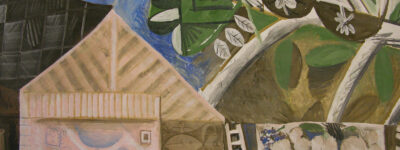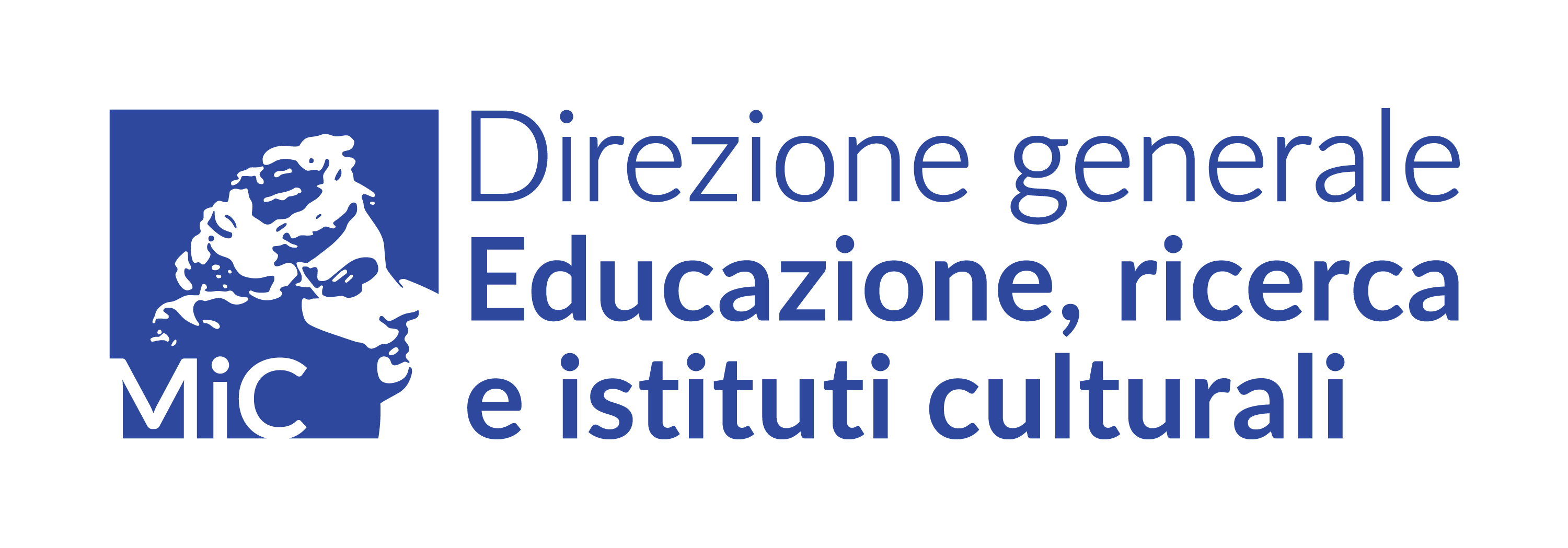The Covid-19 pandemics: an archeogenealogical approach

FBK Aula Piccola
Fondazione Bruno Kessler - Polo delle Scienze Umane e sociali
Aula Piccola
FBK Aula Piccola
Fondazione Bruno Kessler - Polo delle Scienze Umane e sociali
Aula Piccola
Although a little over a year ago the WHO declared the global health emergency due to Covid-19 over, it has not yet come to an end, which is why it is interesting to analyse it from a philosophical perspective. Its impact was global, since it was a global public health problem, but the pandemic does not represent a universal, and therefore as a universal it is non-existent: rather, it was the result of the encounter between natural determinants and social determinants.
The Covid-19 pandemic is a contingent reality, which emerged as a result of the heterogeneous coupling of historical-epistemological, socio-ecological and economic-political conditions. Archaeology does not study the Covid-19 pandemic phenomenon as if it were something pre-existing, fixed and out of time, but rather investigates the heterogeneous set of circumstances and practices that make it an object of debate.
The truth of science and public opinion has been constructed around this object, rules of acceptability or unacceptability have been established and the protocols regulating it have been defined, specialist knowledge – epidemiology, virology, pharmacology, statistics, big data – and social cultures and beliefs have been called upon, collective movements (patients’ associations, anti-vax movements, feminism, environmentalism) have been mobilised, and, finally, bio-psycho-political control devices and technologies have been implemented to govern the lives of individuals and communities.
Cycle of seminars: “The Covid-19 pandemics: an archeogenealogical approach”
The event will be held in Spanish – with slides in Italian
The presentation will be in-person in FBK Small Hall while seats last and online.
Registration is required by July 19, 2024 at 11:30 a.m.
 |
L’iniziativa è stata realizzata anche grazie al contributo della Direzione generale Educazione, ricerca e istituti culturali del Ministero della Cultura. |
Speakers
-
Daniel Gihovani Toscano Lopez - Guest SpeakerDepartamento de Historia, Geografía y Filosofía - Universidad de CádizDoctor of Philosophy from the Pontifical Catholic University of Chile. Currently post-doctoral researcher at the University of Cadiz. Research interests in bioethics, biopolitics, political philosophy, ethics of artificial intelligence, human empowerment and migration. Among his publications: Toscano, D. (2023). Unconcealing Contemporary Technology: Human Enhancement as Biopolitics of Vitality. In Fritzsche, A. and Santamaría, A. Rethinking Technology and Engineering: Dialogues Across Disciplines and Geographies, (pp. 251-260). Springer International Publishing; Toscano, D. (2023). Biopolítica molecular y producción artificial de la vida: Dispositivos de biogeneración e infogeneración. En-Claves Del Pensamiento, (34), e566. DOI: 10.46530/ecdp.v0i34.566; Toscano, D. (2022). El dispositivo biopolítico de mejoramiento humano del siglo XXI: poder molecular sobre la vida y producción de nuevas subjetividades. Revista de Filosofía Aurora, Curitiba, v. 34, (61): 244-266.
Registration
Registration to this event is mandatory.
Registration closed on 19/07/2024.
Deadline: July 19, 2024 11:30 a.m.